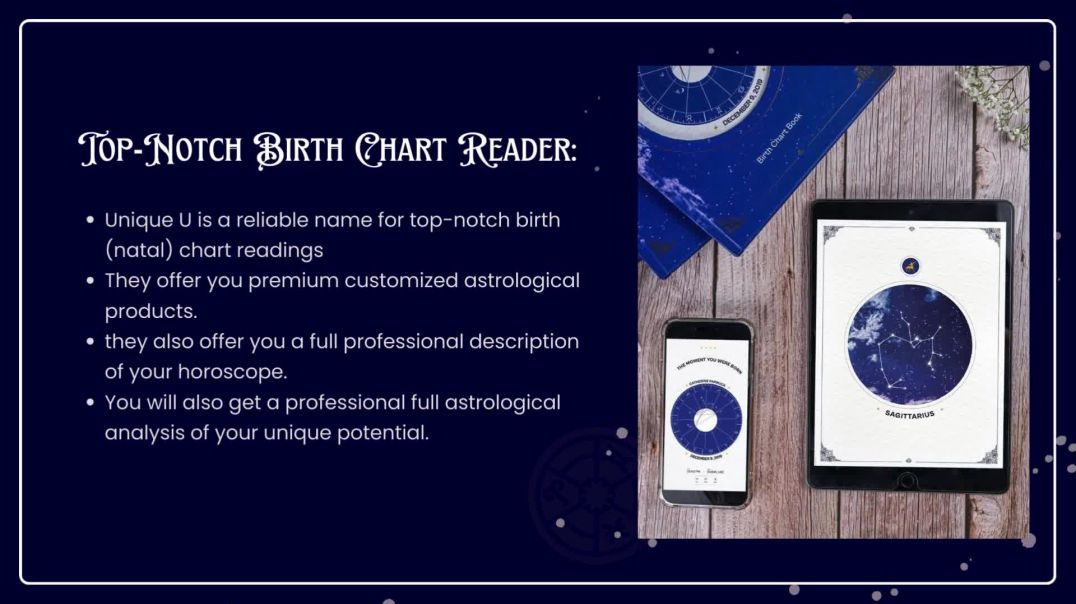3 Views· 12 November 2022
How to succeed on IELTS Reading
http://www.engvid.com/ Taking the IELTS? Get a better score by watching this simple lesson on the IELTS reading section. I'll give you my best advice on how to succeed on your reading test, based on years of helping students to pass the IELTS exam. Whether you are just starting to study or you have an exam scheduled tomorrow, these tips will help you to get a higher mark! Take the quiz to continue preparing.
For more IELTS tips, check out EngVid's many other IELTS lessons at http://www.engvid.com/english-exams/ielts/ and for more tips on the IELTS, go to http://www.goodluckielts.com/
Good luck!
http://www.engvid.com/how-to-succeed-on-ielts-reading/
TRANSCRIPT
Hello. My name is Emma, and in today's lesson, I am going to teach you some very good tips on how to succeed on the reading module of the IELTS. So this video is for anyone who is taking the IELTS. This video will really help you learn about some of the question types and how to do well on them. So let's get started.
My very first tip is very important. When you're practicing doing the IELTS, when you're preparing for the IELTS, one way to prepare is to start learning synonyms. Now, what's a "synonym"? A "synonym" is a copy of another word where the meanings are the same, but the words are different. So an example: "intelligent" and "smart". These are synonyms. They have the same meaning, but they're different words.
Now, why should you learn different synonyms for the IELTS? Well, one very good reason is oftentimes, on the IELTS you will have a text or a reading passage, and then, after that you will have a bunch of questions. Now, sometimes, in the questions, you need to look for certain information in the reading passage. So you read a question, and you need to find the answer in the reading passage. Now, one way to do this is looking at keywords. You might see a keyword in the question. And you're looking for that same word in the reading passage. But they often don't use the same words in the question and the reading passage. Oftentimes, they will use synonyms. So for example, maybe in the question the keyword is "intelligent". In the reading passage, the word that you'll actually need to find is "smart". So by knowing synonyms, you'll be able to do the questions a lot faster, and you'll be able to find information faster. And on the IELTS, time is very important, so you want to be able to do things very quickly.
My second point has to do with a lot of the question types, especially the "not given" question types. There's a question type called "True, False, or Not Given". There's also one called "Yes, No, Not Given". This point is for those.
Oftentimes, you need to pay close attention to negative words on the IELTS. So for example "never", "rarely", "hardly", "seldom". Depending on what the question is, sometimes, if it's a true or false question, it's very important to look for these words. This is one of the tricks you might find on the IELTS -- well, it's not exactly a trick, but sometimes, you might put down "true", but the answer is actually false because of these negative words. So key point: Notice and pay attention to these types of words in both the "True, False, and Not Given", and the "Yes, No, Not Given".
Point No. 3: Similar to point No. 2, it's very important to pay attention to frequency words, especially in the same part, and the "True, False, Not Given". You might see "always", "often", "sometimes", "never". Why is this important? Well, if you see something that says, "Sometimes the Pharaoh of Egypt -- or the Pharaohs of Egypt were buried in tombs", but the actual answer is true or false, and it says, "Pharaohs were always buried in tombs", you might get confused. You might put down the wrong answer. So it's very important to pay attention to "always", "often", "sometimes", "never" in true or false questions.
Point No. 4: This is probably one of my favorite points. During tests -- this happens to all students -- they will pick on answer; and then, they'll think about it; and they'll see another answer; and they'll want to change their answer; and they don't remember -- they don't know, "Which one should I pick?" It's good to go with your first instinct. So if you're doing multiple choice, and right off the bat you think, "Okay, the answer is A"; and then you look, and you think, "Okay, well, maybe the answer is C -- if both of them seem like good possibilities, and you don't know, choose the one you thought of first. Okay? Go with your gut feeling. Go with your instinct.























![[KidsPang] MonKart Ep.29: Reading the Winds](https://i.ytimg.com/vi/RqzjDmdy7RQ/maxresdefault.jpg)




0 Comments